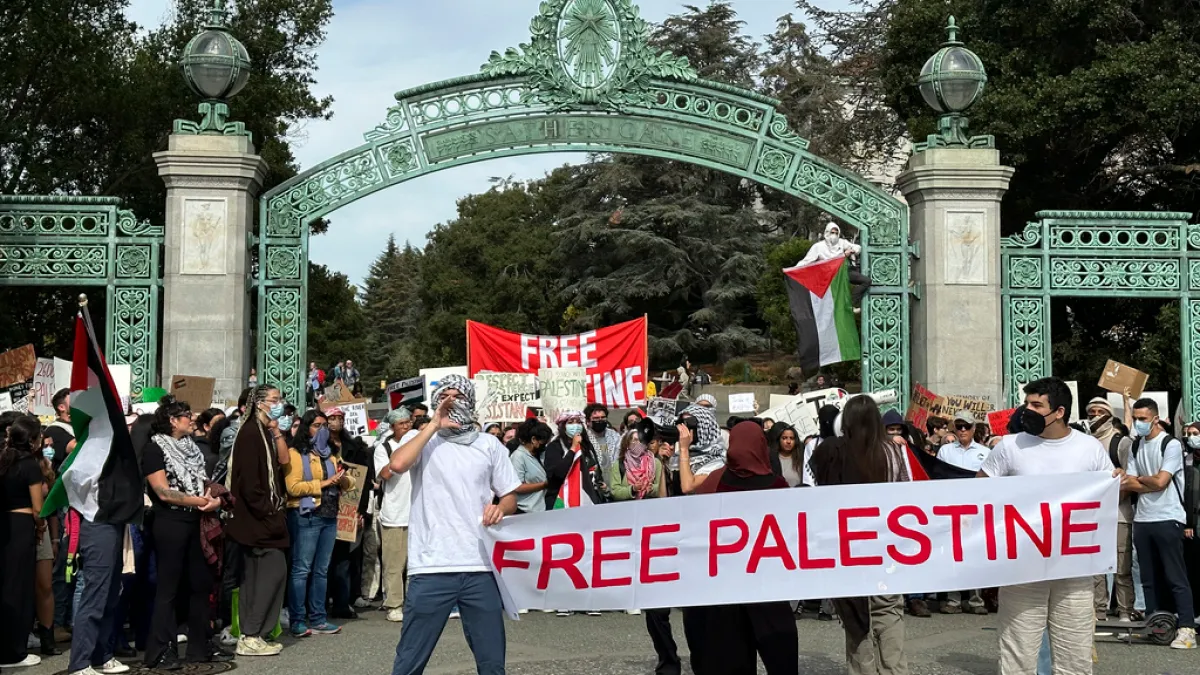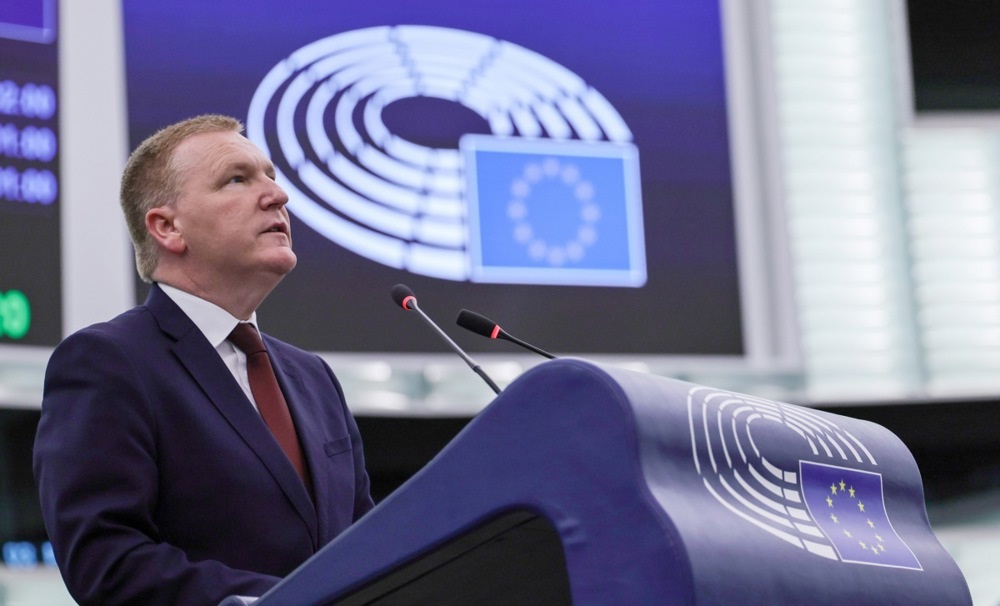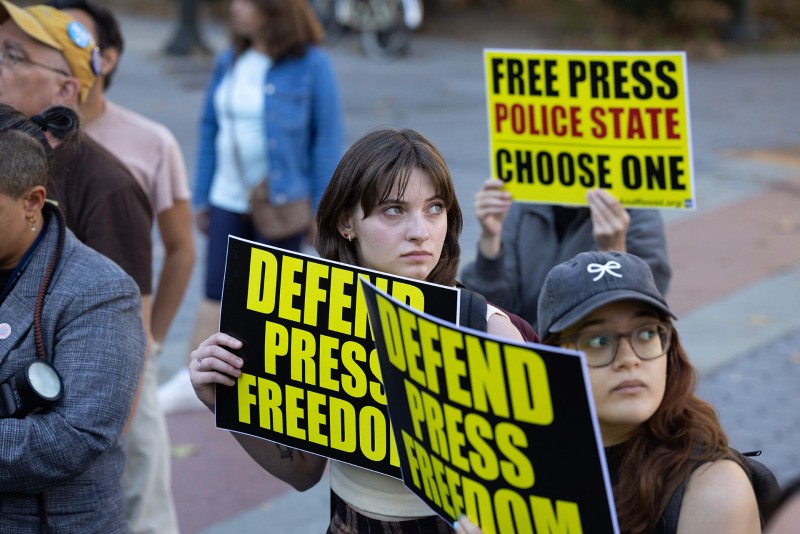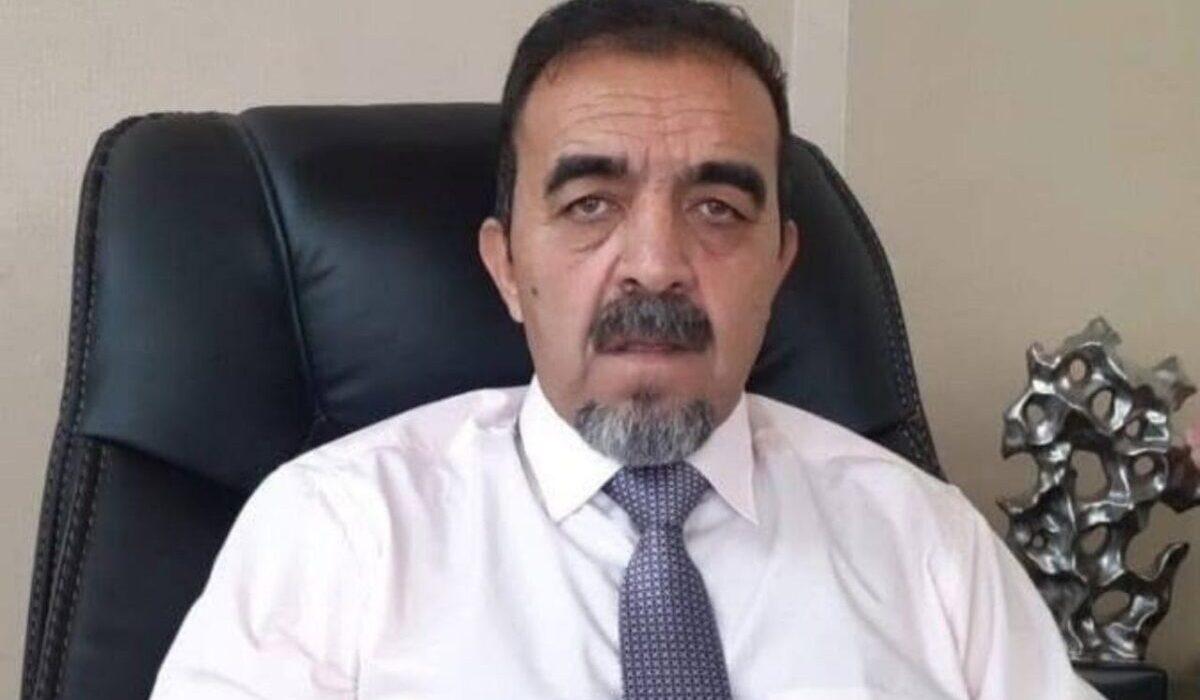
Afghan Journalists Face Intensifying Repression Amid Pakistan’s Deportation Campaign
April 21, 2025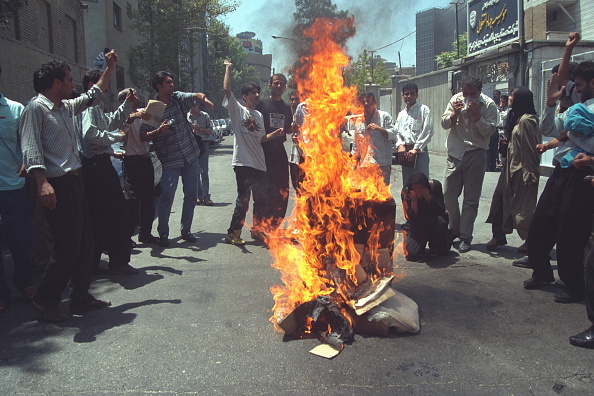
Iran’s War on Journalists: Censorship, Intimidation, and the Fight for Press Freedom
April 23, 2025April 21, 2025 – General –
In the wake of ongoing protests over the Gaza conflict, U.S. universities and the federal government have intensified actions against pro-Palestinian student activists, raising significant concerns about free speech and academic freedom.
At Columbia University, a pro-Palestinian protest in Butler Library led to the arrest of approximately 75 individuals after the university called in the New York Police Department. The demonstration, organized by Columbia University Apartheid Divest (CUAD), aimed to pressure the university to divest from organizations profiting from Israel’s actions in Gaza. The Trump administration responded by cutting $400 million in federal research funding to Columbia, citing the university’s failure to protect Jewish students and initiating visa reviews of protest participants.
Similarly, the University of Washington faced federal scrutiny following a protest where demonstrators occupied an engineering building and praised Hamas’s October 7, 2023, attack on Israel. The university suspended 21 students and barred non-students from campus, while the Trump administration launched a review into alleged antisemitic incidents.
The federal government’s response includes threats to cut funding for universities that allow what it terms “illegal” protests and to prosecute and deport foreign students involved in such activities. President Donald Trump signed an executive order expanding travel bans and justifying the removal of individuals based on ideological grounds, specifically targeting supporters of Palestinian rights.
Civil liberties organizations, such as Human Rights First, have taken legal action to defend students’ rights. They are representing Yunseo Chung, a 21-year-old Columbia student and green card holder, in a lawsuit challenging the administration’s attempt to deport her for attending pro-Palestinian protests.
Critics argue that these measures represent a bipartisan attack on free speech, with both political parties supporting actions that suppress dissenting voices on campus. Legal advisors and student activists warn that such crackdowns could spell the end of free speech in higher education, as students and faculty face reprisals for engaging in pro-Palestinian or anti-war rhetoric.
The situation underscores a growing tension between national security concerns and the preservation of constitutional rights, as universities and the federal government navigate the complex landscape of campus activism and free expression.
Reference –
Attacks on Universities over Gaza Protests Threaten Students’ Free Speech

